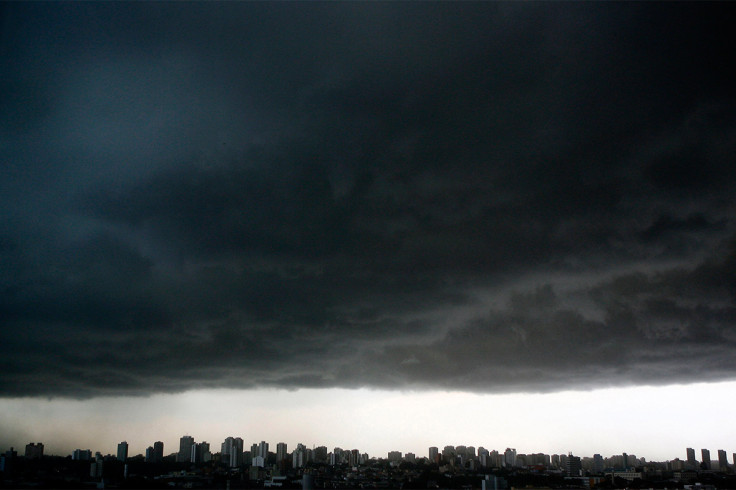UK climate envoy helps draft foundational document of Paris 2015 climate agreement

Climate envoys from around the world, including the UK's lead strategist, are offering a view into the basis of the December 2015 Paris climate accord.
Britain's director of international climate change, Pete Betts, is listed as a key contributor to Vision for Paris, which summarises the foundational building blocks of the coming negotiations.
Betts was one of 20 government heads who met eight times from March 2014 to May this year to debate and set the stage for an agreement. Many anticipate it will offer a paradigm shift to mitigating global climate change below 2 °C.
"The negotiations offer governments a critical opportunity to craft a broad, balanced and durable agreement strengthening the international climate effort," according to the Center for Climate and Energy Solutions. The Washington DC-based think tank chaired the meetings and put together the report.
A key plank of the outline says that rather than breaking countries into rich and poor nations, the agreement should "respect parties' varied starting points, and should commit all parties to put forward their best efforts, and to strengthen them over time".
The goals they set will likely be legally binding: "The core agreement should, at a minimum, include binding commitments by all parties to: inscribe and maintain nationally determined contributions [NDCs], report on progress in implementing their NDCs, and participate in procedures holding them accountable."
At a G7 summit at the beginning of June, the UK and other world leaders pledged to decarbonise the global economy by 2100. Specifically the UK has the target of cutting its emissions by 80% by 2050.
In total the UK emitted 464.3Mt of carbon dioxide in 2013. This was some 2.1% lower than 474.1Mt emitted in 2012.
In June the UK's special representative for climate change, Sir David King, called climate change the "biggest threat facing mankind at this moment".
Some analysts say that it will be very difficult for the UK to keep its promises pending budget cuts at the Department of Energy & Climate Change (DECC). Policy think tank Green Alliance in July released a study anticipating that the DECC will see budget cuts in November's spending numbers that limit it from taking on new climate mitigation projects.
"If we're right that the financial constraint on the DECC increases, that further reduces the amount of money that would be able to fund new projects," Dustin Benton, head of energy and resources at Green Alliance, told IBTimes UK.
At the Paris conference nearly all the world's countries will nail down the final agreement that will be binding from 2020 onward.
There is hope a deal will be struck with commitments from the UK after Pete Betts took part in crafting the foundation of the debate.
In his summer budget Chancellor George Osborne pledged: "The government will push for a global climate deal later this year that keeps the goal of limiting global warming to two degrees firmly within reach."
© Copyright IBTimes 2025. All rights reserved.





















